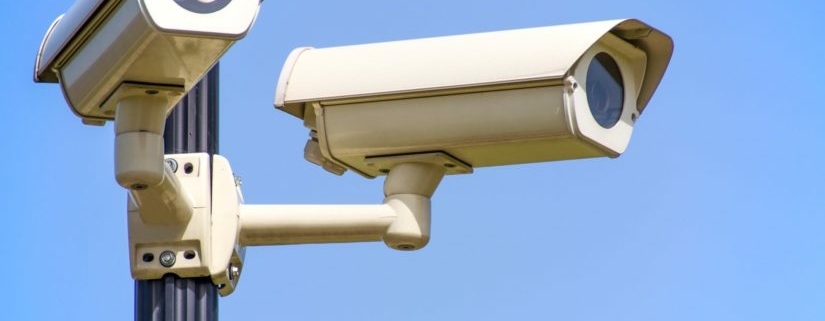
If you are stuck on a cruise ship in the South China Sea, it might be a good time to fear the new coronavirus.
But if you are living in a modern city, have no fear. High tech quarantines are here. Your government can impose (and enforce) quarantines on those who they think may be infected—and by remote control no less.
If you sneeze too often with Alexa listening or Ring sees that you look a little feverish when you are entering your house (or you have been geo-located by your mobile device or internet log-ins to an area exposed to the coronavirus) you can be quarantined by remote control.
What? Is this real?
Yes. This is a modern application of mass surveillance and facial recognition. And it is happening in real time at least in China. One should have no doubt that this technology and capability also exists in the USA and major European cities.
In China, once a coronavirus victim is identified, mass facial recognition technology is mapping that person to their walking, driving, eating, and public transit footprint. It is then identifying those people who were within a reasonable distance of the infected and alerting, or imposing a quarantine, on them.
New mobile phone apps even tell users if they have been on a flight or a train with a known coronavirus carrier, and maps can show them locations of buildings where infected patients live.
Police will visit those bystanders who wandered too close to the infected and notify them that they have been ordered to be quarantined in their house.
Now the really scary part: Reuters recently reported that a quarantined bystander who left their house ‘too early’ was spotted at an intersection via facial recognition technology. The authorities alerted his employer as a warning. “They can basically trace our movements with the AI technology and big data at any time and any place,” said the man, who asked not to be identified for fear of repercussions.
If you are going to email your family members about a fever, health ailment or anything that is personal, better to keep it out of big data AI machines—encrypt just in case. One never knows if someone in big government could find reason to restrict you based on a belief that you may be infectious or undesirable for whatever reason.
RMail. Make it secure email. Make it easy.

February 20, 2026
.jpg)
February 13, 2026

February 06, 2026

January 30, 2026

January 23, 2026